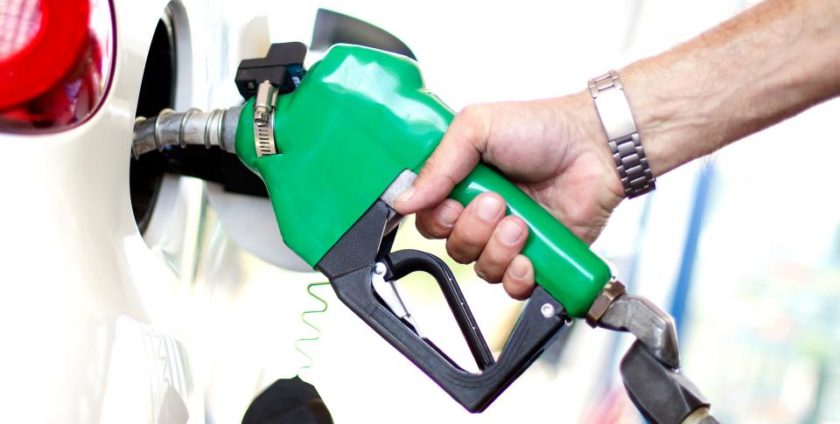Rising Debts: Senate Approves Buhari’s Fresh Loan Of $1.5b, €995m
Despite public concerns about Nigeria’s rising debts, the Senate Wednesday approved fresh external loans of $1.5 billion and €995 million for the Federal Government.
The loans were approved by the lawmakers after considering and adopting the report of the Senate Committee on Local and Foreign Debts, chaired by Senator Clifford Ordia (Edo Central). This is in spite of inflation being at 18.17%, a record high in four years.
The loans were part of the external borrowings President Muhammadu Buhari had requested in May 2020, for the Red Chamber to approve for financing various priority projects of the Federal Government and to support the state governments facing fiscal challenges.
The loan approval came as experts continue to express worry over the country’s rising debt profile, which is said to have made the country’s fiscal position increasingly fragile.
Ordia, while presenting the report, said $1.5 billion will be sourced from the World Bank to finance critical infrastructure in the aftermath of the COVID-19 pandemic across the 36 states and the Federal Capital Territory (FCT).
The projects, according to Ordia, are States Fiscal Transparency, Accountability, and Sustainability programme to provide financial support to states (SFTAS) and COVID-19 action recovery and economic stimulus programme to support state-level efforts to protect livelihoods, ensure food security and stimulate economic activity.
The €995 million to be sourced from the Export-Import Bank of Brazil is to finance the Federal Government’s Green Imperative Project to enhance mechanisation of agriculture and agro process in Nigeria to improve food security.
This is coming a week after Edo State Governor, Godwin Obaseki, raised concerns about the country’s rising public debts. According to the Debt Management Office (DMO), Nigeria’s total public debt as of December 31, 2020, was N32.915 trillion, representing a 20.13% rise from N27.40 trillion recorded in December 2019.
To put it in context, 85 kobo out of every naira Nigeria earned last year was spent servicing loans. The increase in the country’s total debt stock was mainly due to a 40.82% rise in external debt to N12.71 trillion as of December 2020, from N9.02 trillion in December 2019.
Besides, the DMO revealed that the country would convert the Federal Government’s overdrafts with the Central Bank of Nigeria (CBN) to a 30-year debt. The amount is estimated at N10 trillion.
Ordia noted that the borrowings were largely concessional loans with low-interest rates and a reasonable moratorium and payback period.
He said: “The Committee most importantly notes that the indicative terms and conditions under which the loan will be borrowed, have no unusual or onerous conditions attached and the terms do not in any manner compromise the sustainability of the Nigerian economy or impugn the integrity and independence of Nigeria as a sovereign nation.
He noted that while Nigeria’s Total Public Debt Stock is on the increase, it is still relatively low vis-à-vis the country’s GDP, and “the increased borrowing requirements is needed to sustain the economic recovery.”
THE Nigerian economy is in dire straits. Oil price has hit over $60 per barrel, but the country is expanding its market gains on petrol subsidy, which gulps N120 billion every month.





